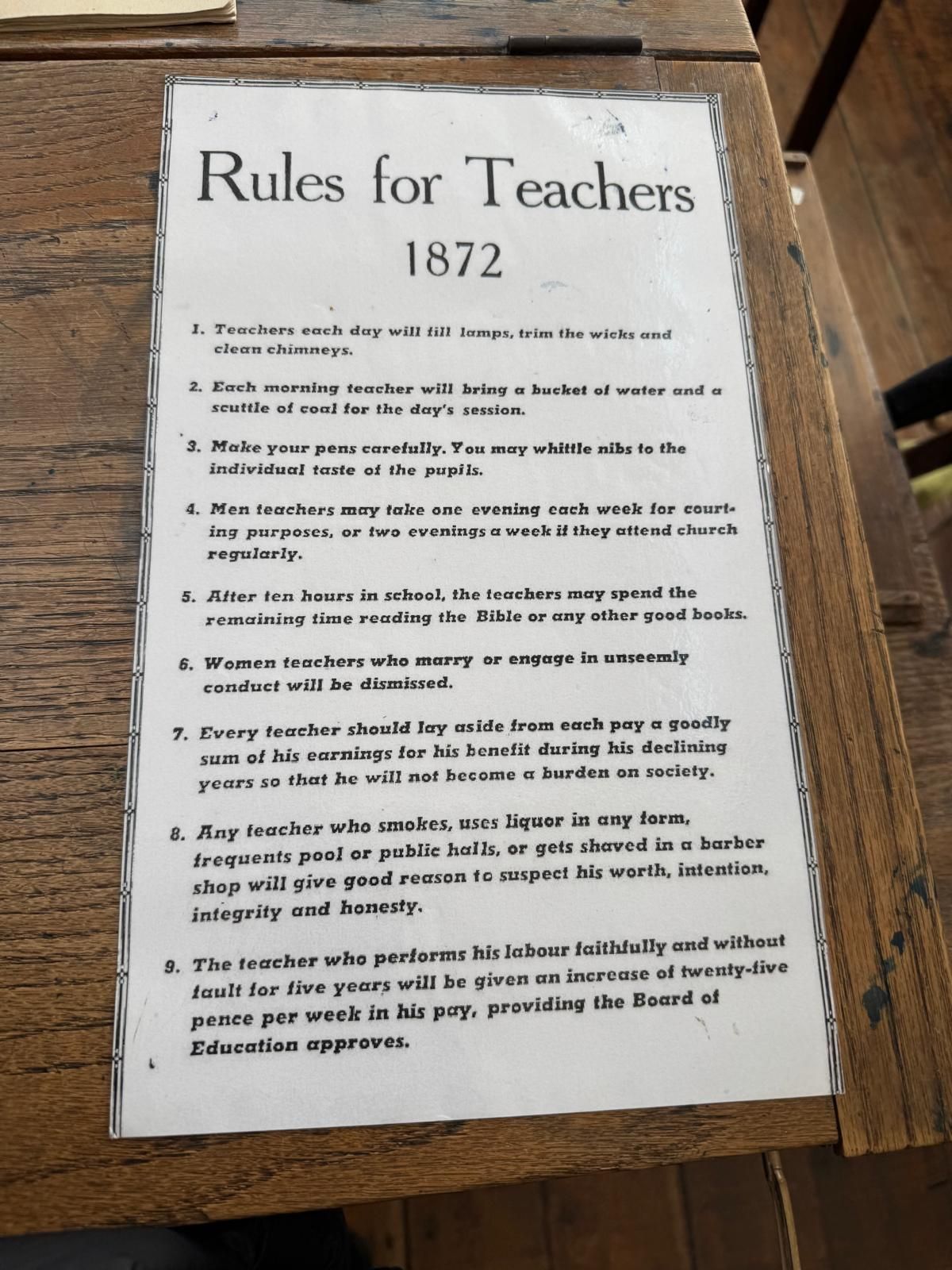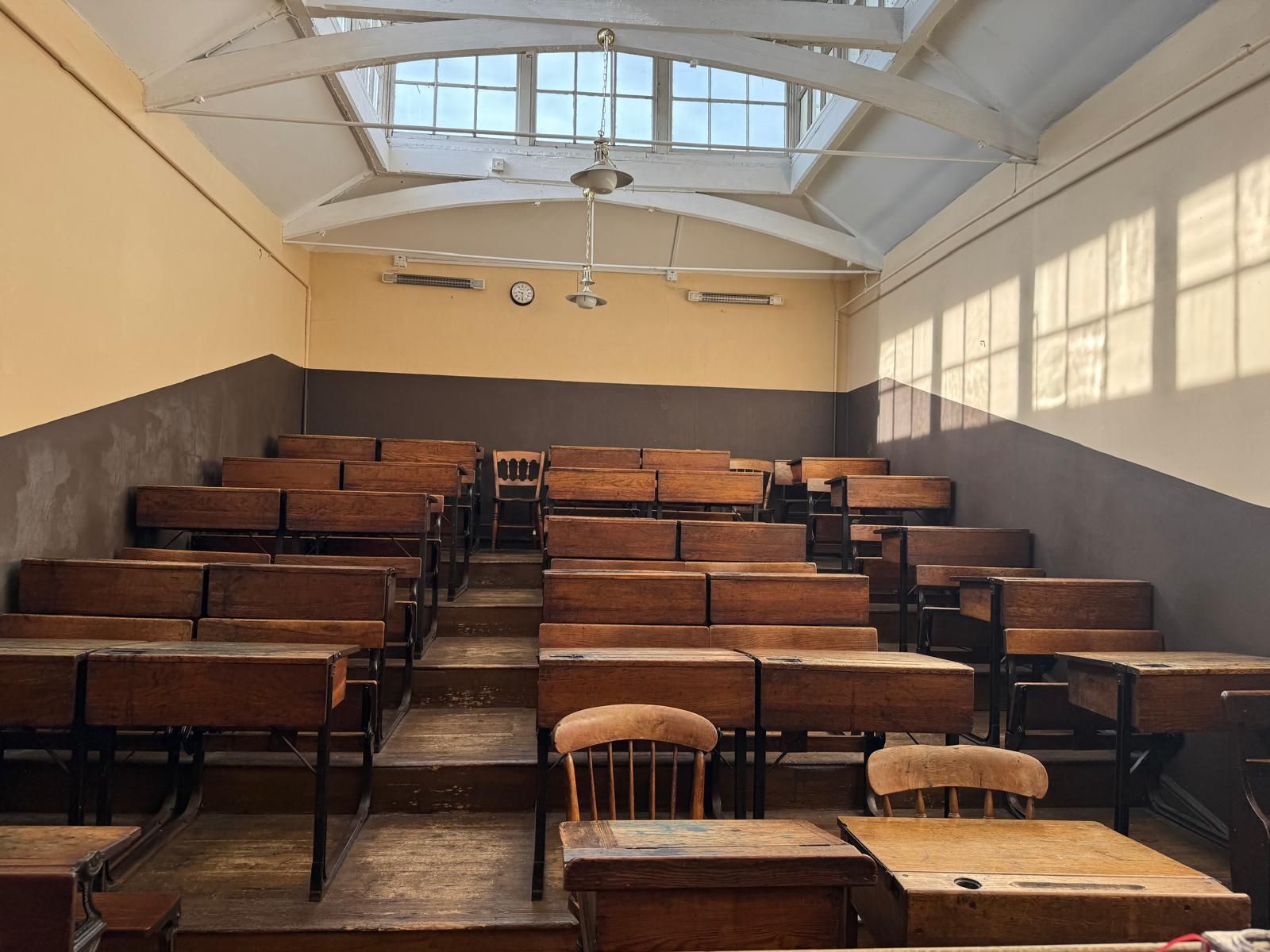An Education Revolution
This week while out and about in Hertfordshire and we visited the British Schools Museum.
We discovered the first school opened by Joseph Lancaster, was known as the ‘Poor Childs Friend”, was in 1810. It was his lifelong mission that all children regardless of their circumstances, should benefit from an education. Apparently, Joseph heard a small girl say, “Oh that I could read!” and this inspired him to create a simple education system that eventually would benefit children across the world.
Joseph was the tenth son of a poor man himself from South London. His aim was to offer free education for everyone. However, it would be 93 years before the U.K. government finally made education free for all. There are still many countries today where education is still not free to access and it is certainly not compulsory for primary and secondary age pupils. Joseph’s mission really resonates with that of the Foundation, to support access to education for all.
We enjoyed our visit and appreciated the tour given by two of the Museum’s volunteers, Angela and Clare. They described some of the challenges faced in the early years of formal education and shared some of the rules that teachers and students had to abide by with us.

Looking back in time and seeing how things were and comparing the advances made to date, served to galvanise us further to secure the achievement of SDG 4, to ensure inclusive and equitable quality education and promote lifelong learning opportunities for all.
While it is true that we no longer have classes of 100 pupils or make use of corporal punishment here in the U.K. can the same be said of countries worldwide? There is much still to be done to ensure the achievement of SDG4.

There was an interesting exhibition of scrapbooks too, we wonder how many young people today have ever made a scrap book? Perhaps it could be a good creative idea to support mindfulness.

The British Schools Museum is the only one of its kind and is well worth a visit. It certainly has inspired us to strive harder to achieve SDG4. Why not join us in working to make education for all a reality!




